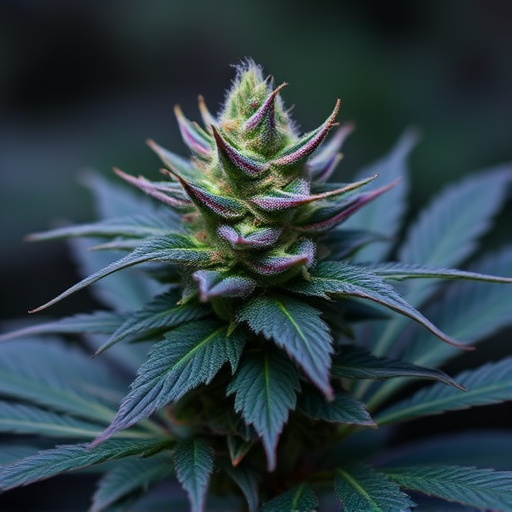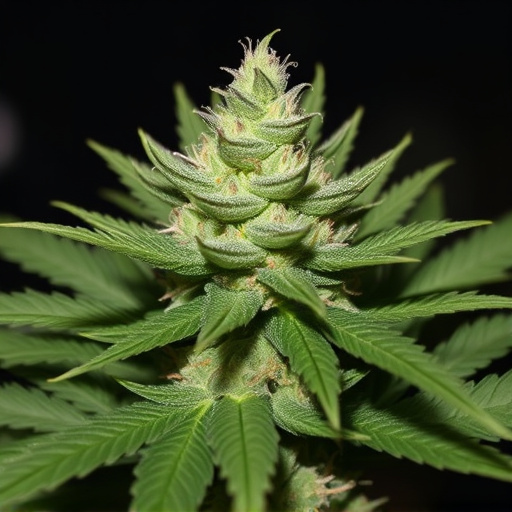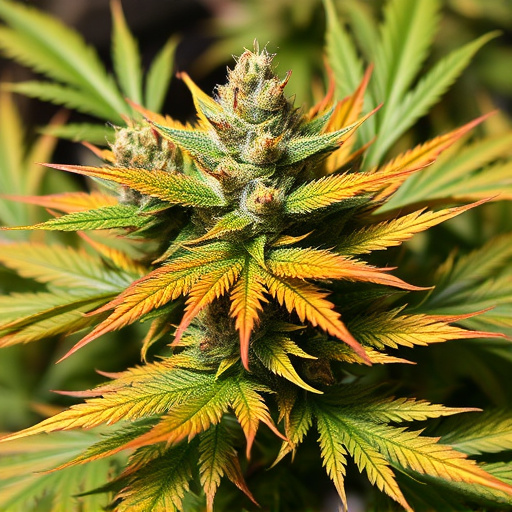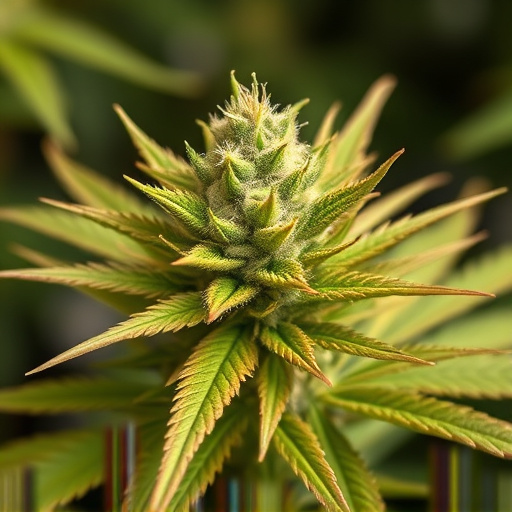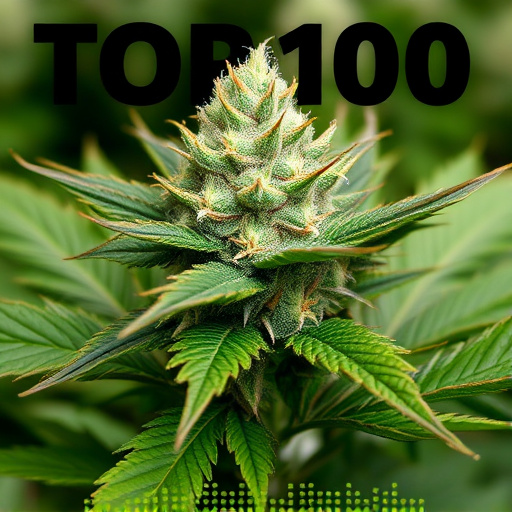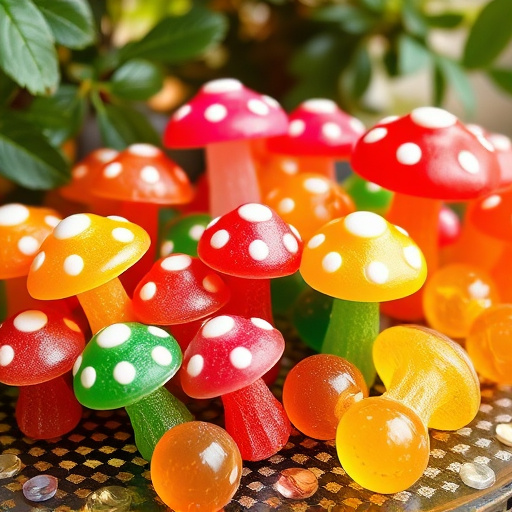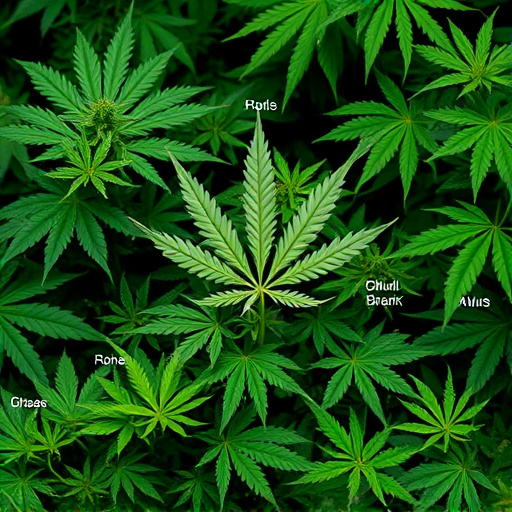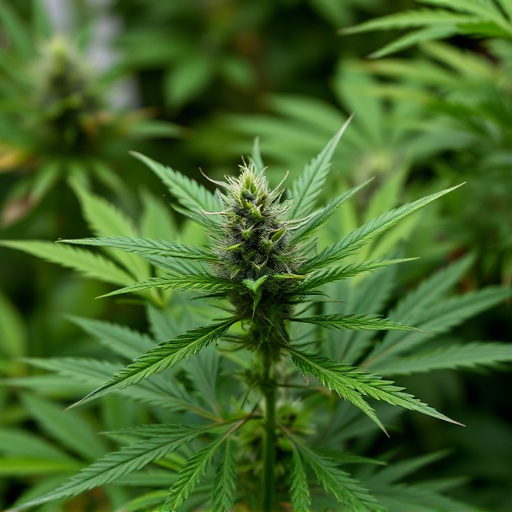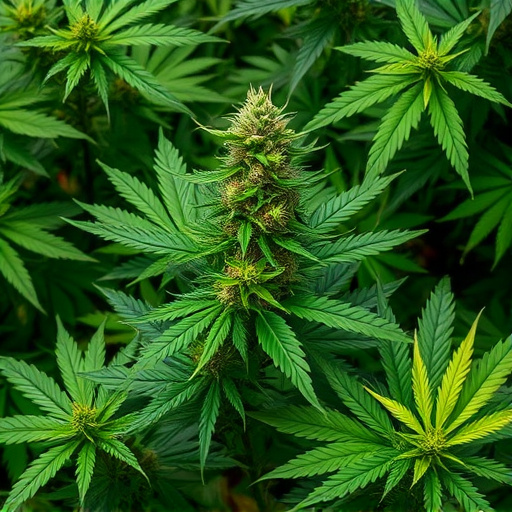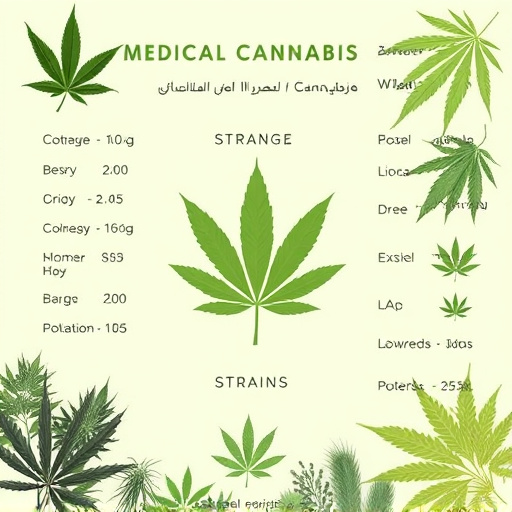Anxiety and depression can find potential relief through medical cannabis, which interacts with the body's endocannabinoid system. Different strains, like high-CBD varieties for anxiety and balanced THC/CBD strains for depression, offer therapeutic benefits. Understanding cannabinoid profiles, dosage, and safety is crucial for effective symptom management. Consulting healthcare professionals or qualified budtenders helps determine the best strain and dosage for individual needs.
Anxiety and depression are prevalent mental health concerns, but there’s growing interest in cannabis as a potential therapeutic aid. This natural compound offers a unique approach to managing these disorders through specific strains known for their calming and uplifting effects. In this article, we explore the science behind cannabis and its role in alleviating anxiety and depression. We delve into various strains renowned for their medicinal properties, providing insights on how to find the best fit for individual needs while emphasizing dosage safety.
- Understanding Anxiety and Depression: The Role of Cannabis
- Exploring Therapeutic Strains for Mood Disorders
- Dosage and Safety Considerations for Effective Relief
Understanding Anxiety and Depression: The Role of Cannabis
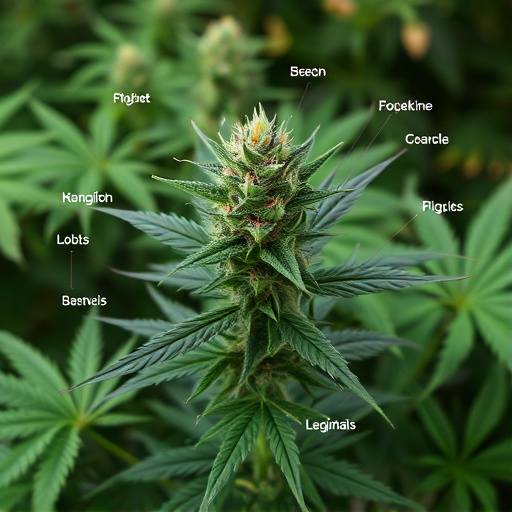
Anxiety and depression are prevalent mental health conditions that significantly impact an individual’s quality of life. Cannabis has emerged as a potential complementary treatment option, offering relief for many seeking alternative solutions. The plant contains various chemical compounds, including cannabinoids like THC and CBD, which interact with the body’s endocannabinoid system, playing a crucial role in regulating mood, appetite, and stress responses.
Medical cannabis strains are known for their unique profiles of these cannabinoids, allowing users to find specific varieties that align with their needs. For anxiety, certain high-CBD strains have gained popularity due to their potential calming effects without the intoxicating properties associated with THC. Depression, on the other hand, may benefit from strains with a balance of THC and CBD, as these compounds can stimulate mood elevation and relaxation. Understanding the science behind cannabis and its interaction with our bodies’ natural systems is essential when exploring strains for managing anxiety and depression.
Exploring Therapeutic Strains for Mood Disorders
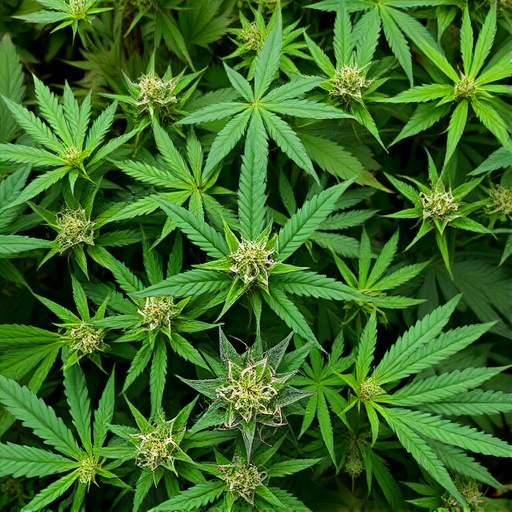
Exploring therapeutic strains of medical cannabis has emerged as a promising avenue for managing anxiety and depression, conditions that significantly impact global mental health. Different strains offer unique chemical profiles with specific effects on the mind and body, making them potential tools in mood disorder treatment. For individuals seeking relief from anxiety, certain high-CBD (cannabidiol) strains have shown promise due to their ability to induce calmness without profound intoxication. These non-intoxicating options allow users to experience the therapeutic benefits of cannabis while maintaining clarity of mind.
Depression, on the other hand, may respond positively to strains rich in THC (tetrahydrocannabinol), particularly those with balanced CBD levels. The interaction between these compounds can modulate mood and emotion, offering a potential alternative or adjunct therapy for individuals facing these common mental health challenges. Exploring these therapeutic strains empowers individuals to make informed decisions about their well-being, considering the diverse range of options available in today’s medical cannabis market.
Dosage and Safety Considerations for Effective Relief
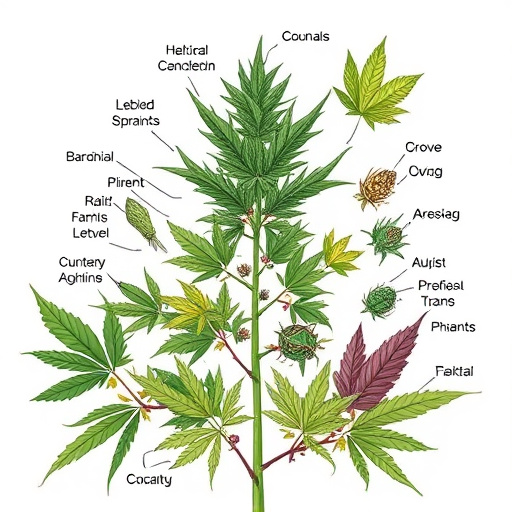
When exploring the potential benefits of medical cannabis for anxiety and depression, understanding dosage and safety is paramount. The effectiveness of different strains lies in their unique cannabinoid profiles, such as THC (tetrahydrocannabinol) and CBD (cannabidiol). A balanced approach is key; too much THC may exacerbate anxiety symptoms, while high CBD content can offer a calmer experience.
Dosage varies from person to person, depending on factors like tolerance, weight, and desired effects. Starting with low doses of 5-10mg THC, paired with an equal or higher amount of CBD, is often recommended for beginners. Consuming cannabis through methods like vaporization allows for precise dosing and quicker relief. It’s crucial to consult a healthcare professional or a qualified budtender to determine the best strain and dosage, ensuring safe and effective relief from anxiety and depression symptoms.
Cannabis has emerged as a promising alternative therapy for managing anxiety and depression, offering a natural approach to soothing symptoms. By understanding the specific needs of individuals experiencing these disorders, we can explore the various strains of medical cannabis and their unique therapeutic properties. The right strain, combined with proper dosage, can provide effective relief and enhance overall well-being. Remember that each person’s experience is unique, so consulting with a healthcare professional is crucial to navigate this herbal remedy safely and responsibly.
